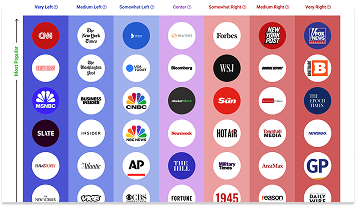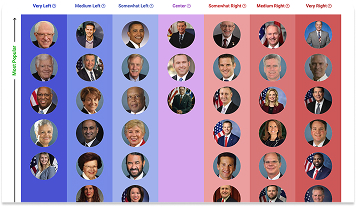Founded in 1789, the United States Senate was established as part of the U.S. Constitution to create a legislative body that would represent the states in the federal government. The idea for the Senate came from the Founding Fathers, who wanted to ensure that each state had an equal voice in the legislative process. The Senate is currently part of the U.S. Congress, which is owned and operated by the federal government of the United States. Today, the Senate's official website, senate.gov, primarily focuses on political news, legislative updates, and information about the workings of the Senate. It provides resources for citizens to learn about their senators, current bills, and important issues being discussed in Congress. The site is based in Washington, D.C., and serves as a key resource for anyone interested in U.S. politics and governance. One interesting fact: An intriguing aspect of the Senate is that it has a unique tradition called "senatorial courtesy," which allows senators to block presidential appointments in their home states if they oppose them. This practice highlights the influence and power that individual senators can wield in the legislative process.
U.S. Senate is ranked N/A among other media sources and has an average of 4,455,000 monthly visits according to
Similar Web.




























